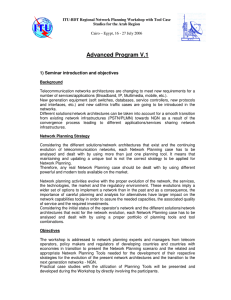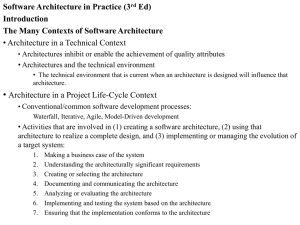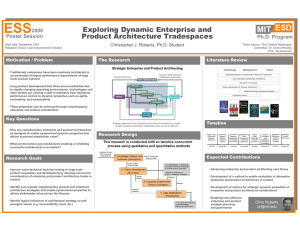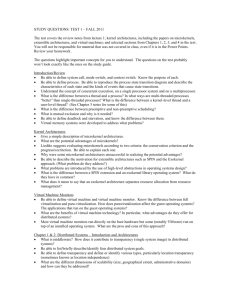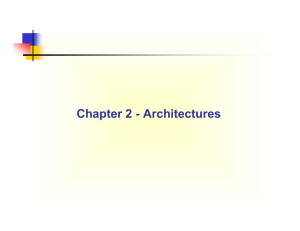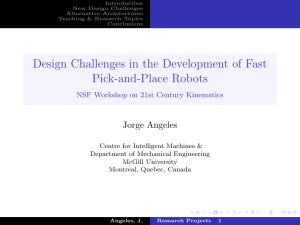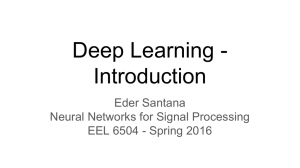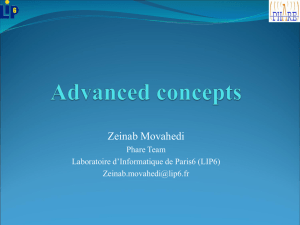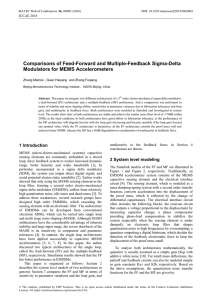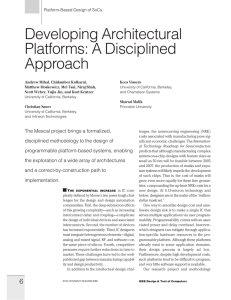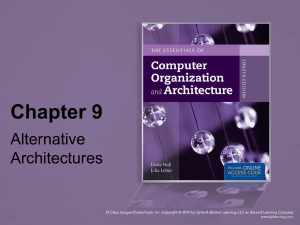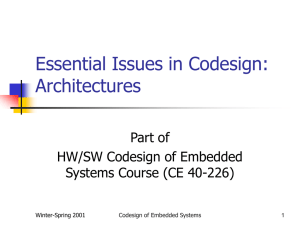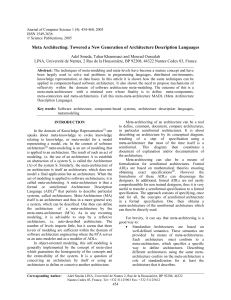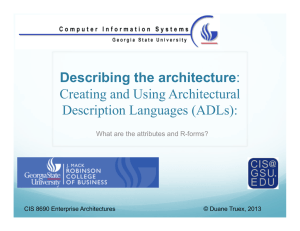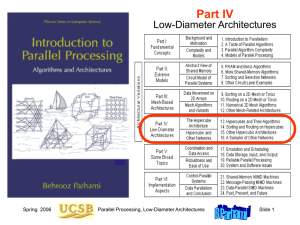Preface
advertisement
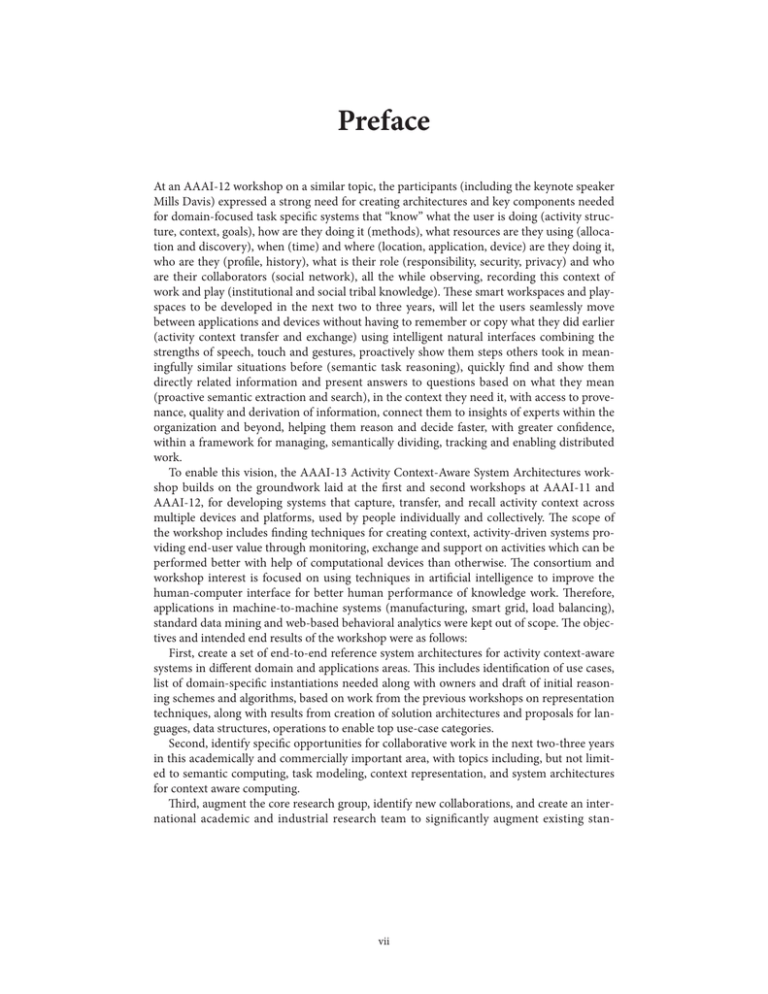
Preface At an AAAI-12 workshop on a similar topic, the participants (including the keynote speaker Mills Davis) expressed a strong need for creating architectures and key components needed for domain-focused task specific systems that “know” what the user is doing (activity structure, context, goals), how are they doing it (methods), what resources are they using (allocation and discovery), when (time) and where (location, application, device) are they doing it, who are they (profile, history), what is their role (responsibility, security, privacy) and who are their collaborators (social network), all the while observing, recording this context of work and play (institutional and social tribal knowledge). These smart workspaces and playspaces to be developed in the next two to three years, will let the users seamlessly move between applications and devices without having to remember or copy what they did earlier (activity context transfer and exchange) using intelligent natural interfaces combining the strengths of speech, touch and gestures, proactively show them steps others took in meaningfully similar situations before (semantic task reasoning), quickly find and show them directly related information and present answers to questions based on what they mean (proactive semantic extraction and search), in the context they need it, with access to provenance, quality and derivation of information, connect them to insights of experts within the organization and beyond, helping them reason and decide faster, with greater confidence, within a framework for managing, semantically dividing, tracking and enabling distributed work. To enable this vision, the AAAI-13 Activity Context-Aware System Architectures workshop builds on the groundwork laid at the first and second workshops at AAAI-11 and AAAI-12, for developing systems that capture, transfer, and recall activity context across multiple devices and platforms, used by people individually and collectively. The scope of the workshop includes finding techniques for creating context, activity-driven systems providing end-user value through monitoring, exchange and support on activities which can be performed better with help of computational devices than otherwise. The consortium and workshop interest is focused on using techniques in artificial intelligence to improve the human-computer interface for better human performance of knowledge work. Therefore, applications in machine-to-machine systems (manufacturing, smart grid, load balancing), standard data mining and web-based behavioral analytics were kept out of scope. The objectives and intended end results of the workshop were as follows: First, create a set of end-to-end reference system architectures for activity context-aware systems in different domain and applications areas. This includes identification of use cases, list of domain-specific instantiations needed along with owners and draft of initial reasoning schemes and algorithms, based on work from the previous workshops on representation techniques, along with results from creation of solution architectures and proposals for languages, data structures, operations to enable top use-case categories. Second, identify specific opportunities for collaborative work in the next two-three years in this academically and commercially important area, with topics including, but not limited to semantic computing, task modeling, context representation, and system architectures for context aware computing. Third, augment the core research group, identify new collaborations, and create an international academic and industrial research team to significantly augment existing stan- vii dards/drafts/proposals and create fresh initiatives to enable creation of system architectures that enable capture, transfer, and recall of activity context across multiple devices and platforms used by people individually and collectively. Create an adoption plan addressing likely barriers such as critical mass, privacy, not-invented-here and implementation complexity. The topics covered by the papers and proposals in this technical report include, but are not limited to architectures needed for activity context aware systems, activity modeling and representation; context capture and representation within activities; creation of ontologies, and security issues. We are grateful to the keynote speakers, Benjamin Grosof (Vulcan Inc.), Paul Lukowicz (Das Deutsche Forschungszentrum für Künstliche Intelligenz (DFKI)) and Pankaj Mehra (Fusion-io) who helped us bring specific visionary, futuristic and strategic insight to the workshop. We also thank the participants and contributors for sharing their novel insights to address the scientific and technological challenge before us. Lokendra Shastri and Vikas Agrawal viii
